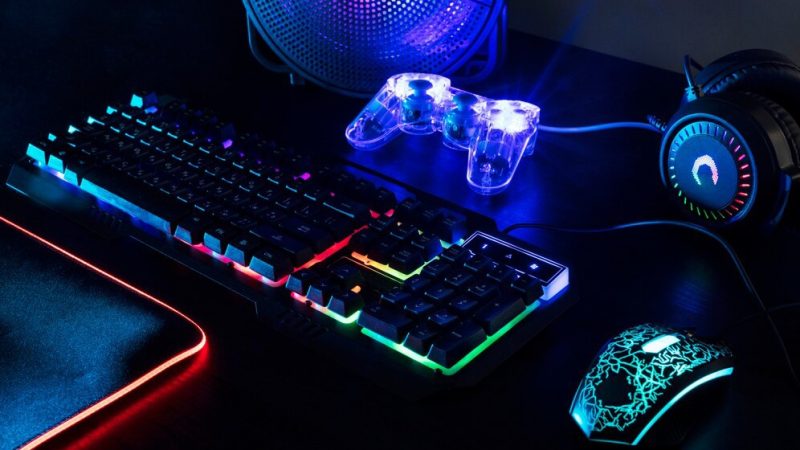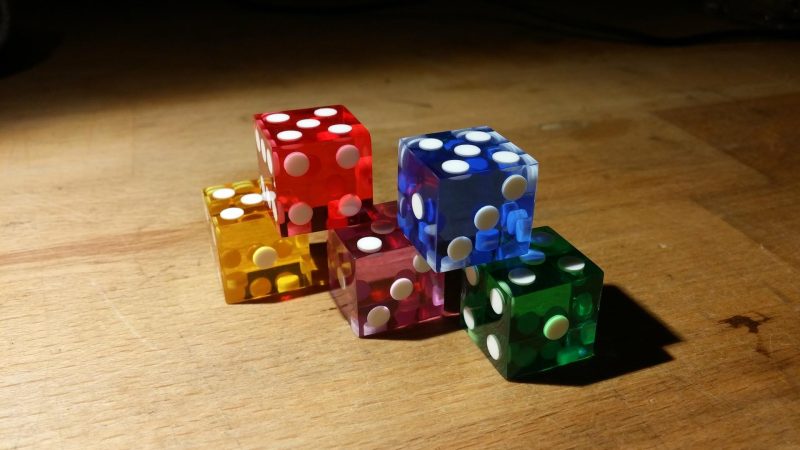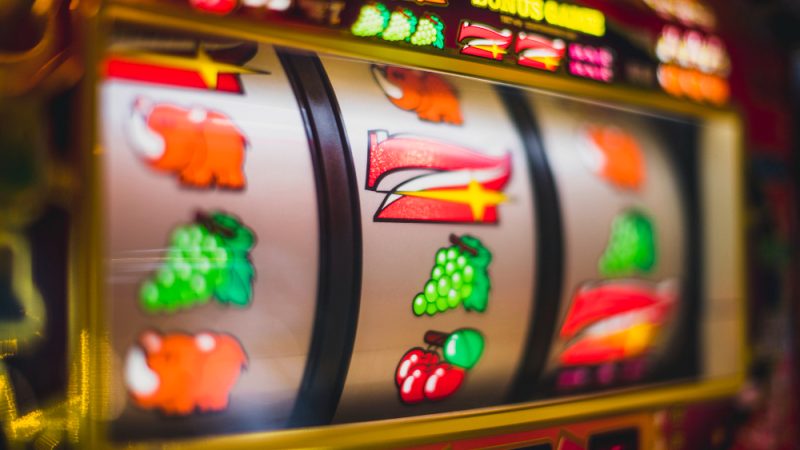Improve Your Poker Game With These Tips

Poker is a venture that requires both luck and skill. Players place wagers against one another based on the worth of their poker hands. This is done using chips, little plastic, or ceramic discs used to place bets. The objective is to get the “pot, or pool,” which is the total of all bets placed by all players in a particular deal. The pot is obtained by either having the best poker hand or by placing a wager that no one else will call. Here are some tips you may use to improve your skills in playing poker.
1. Don’t strike first
Limping is a bad poker strategy because it prevents you from taking control of the pot. It also allows your opponents to see flops for free and doesn’t provide any information about the types of cards you’re up against. This is a bad play since you won’t be able to win the pot before the flop if you raise.
You’ll be giving the players behind you highly tempting pot odds, raising your odds of facing multiple opponents and thus diminishing your chances of winning the pot. It is only permitted to limp when at least one other player has already done so. This refers to over-limping, and it can be a profitable strategy because you are obtaining good pot odds to get into the action to hit something good on the flop.
2. When your opponent shows weakness, attack.
Players don’t check as often as they should with hands that might call several bets. When they check, they usually have a weak hand and will periodically fold when faced with multiple bets.
When your opponent exhibits a lot of weakness in a heads-up pot (like checking the flop and turn), you can take advantage of it using an aggressive bluffing strategy. You should not only bet with your typical semi-bluffs but also with some nothing hands, preferably with strong blocker effects.
3. Focus on ranges, not hands
A range is the full range of poker hands someone can have in a given situation. Good players who have read a few poker strategy articles know that a player will show up with a wide variety of hands at a different frequency. Therefore, they don’t strive to find a single winning hand instead of attempting to determine the frequencies and then making the optimal play.
If there’s something you should know as you learn to play poker online, poker strategy recommendations and “gut instinct” don’t mix well. It’s never a smart idea to base your tournament strategy or cash gameplay on how you’re feeling.
4. Play fewer hands but more fiercely.
Do not become frustrated and play a hand that isn’t worth playing. Developing a solid preflop poker strategy is the most straightforward and effective way to increase your bankroll. While creating solid preflop ranges is straightforward, for example, downloading online poker guides, keeping the discipline to stick to them is more difficult.
You can hide the strength of your actual hand by aggressively playing all of your hands.
5. Have a steady strategy
Poker is a game of patience. You’ll need some time to grow your bankroll and figure out the best cash game or tournament approach for you.
It’s best not to change your plan after a major win or a big loss. Focusing on a few solid and viable hands and playing them aggressively is the best strategy. Another crucial aspect of becoming a skilled poker player is to stick to a winning approach. It is unacceptable to make drastic changes simply because you got bored or upset.
However, your poker strategy will only be effective if you use it consistently at the poker tables.
The top players who play poker online, those who know how to win in poker, apply the same winning strategy repeatedly, regardless of how they feel or their recent results.
6. When in doubt, fold.
This may seem kind of easy, but it is difficult to accomplish practically due to the structure of our brains. We are inherently curious and desire to succeed. Unfortunately, we give up our chance to win the pot when we fold, and we don’t get to fulfill our curiosity by seeing what our opponent has.
Calling too much during the game and in the wrong situations is one of the quickest ways of losing at poker. So do yourself a favor and fold whenever you are indecisive about whether to call or fold a bet or raise.
When folding, make a mental note of the characteristics of the hand so you can later see if you did the correct fold. Studying or arguing these hands is a great way to keep your poker skills sharp and fill in any information gaps.
Conclusion
Poker is very beneficial to us and is similar to brain pushups. It protects your nerve cells while strengthening your brain. Poker can help to reorganize your brain and generate myelin for a longer period.






